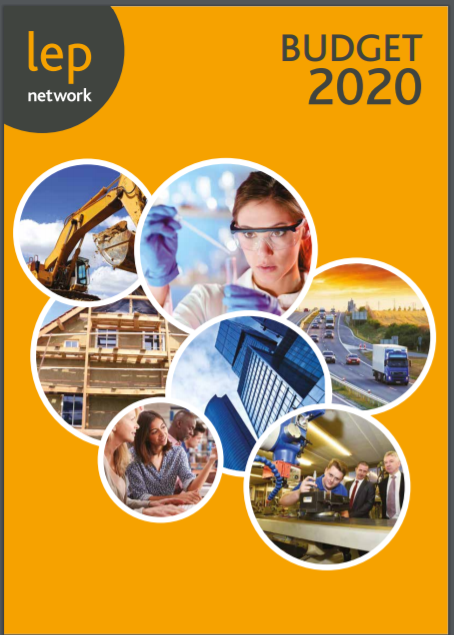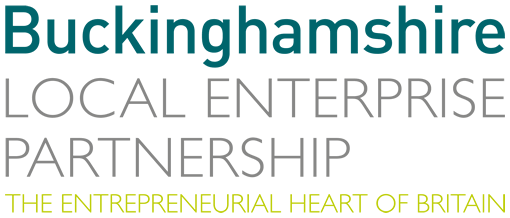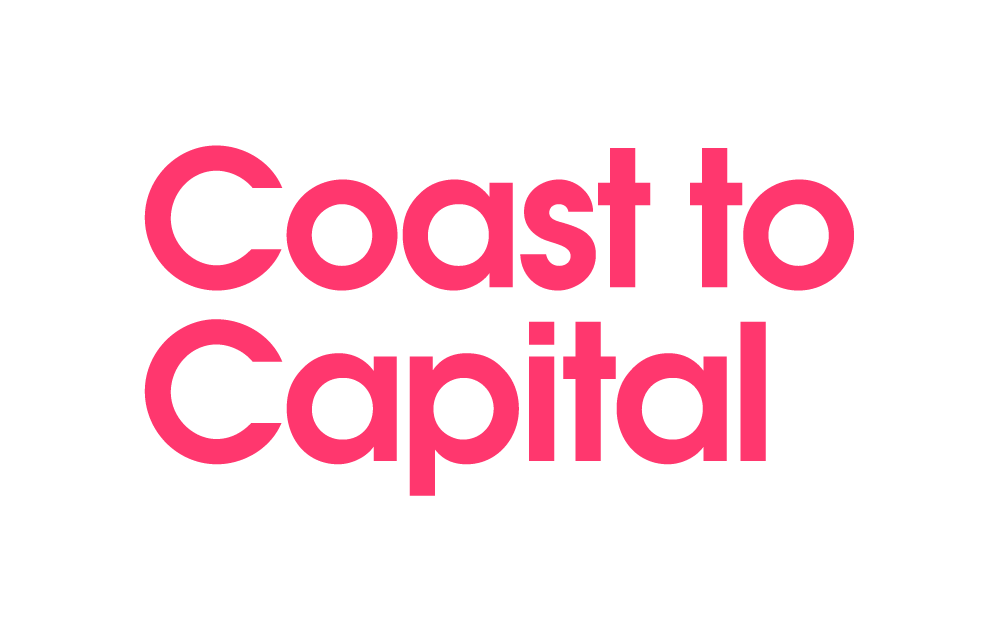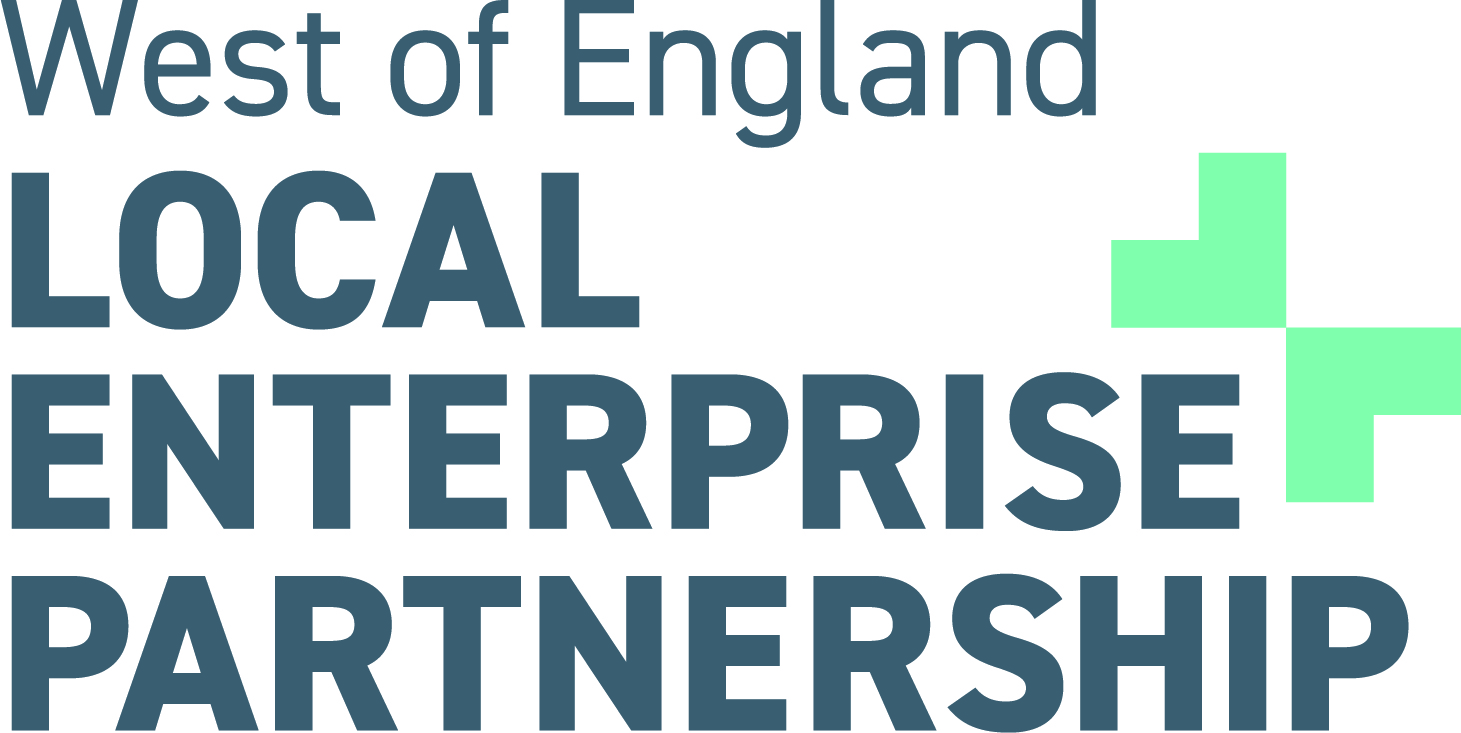Posted on:
10th March, 2020
LEPs set vision for Budget 2020 and beyond
LEPs have set out their long term vision of what they believe is needed to underpin future local economic growth, increase productivity, and build long term business resilience in their ‘Budget 2020’ document published today.

Announcing publication at the Westminster Social Policy Forum in London on ‘Local Enterprise Partnerships and Regional Growth’, where he set out the positive impact LEPs are having in every region of the country, Mark Bretton, Chair of the LEP Network, and Chair of Hertfordshire LEP said:
“Our Budget 2020 document is a timely reminder of the economic reality that we know needs to be in place if we are to realise the full potential of all of England’s regions. These need to be part of the Chancellor’s long term thinking and baked into white papers and consultations on everything from devolution to Free Ports and energy.
“This is about a long term vision for our regions that goes beyond the budget and the Comprehensive Spending Review. If we do not get these fundamental realities of investment right, we risk undermining our future economic success.
“Our knowledge of place is unequalled and, together with the strength of the local partnerships we have formed over the last 9 years, we have developed ambitious, robust, evidence based economic plans that will drive inclusive growth across all areas as we leave the EU. Our Budget 2020 paper today is based on a solid track record of delivery that underpins our approach, and sets out exactly what we need to achieve it at pace.”
As business led organisations working with over 180 locally elected councillors, and Higher and Further Education representatives, Budget 2020 gives a unique LEP insight on the key actions that are needed in the Budget and for the years ahead across critical areas of local activity including; devolution, skills, infrastructure, hosing, sustainable clean growth, and Free Ports. These include:
Devolution
- A need for a visible, clear and influential role for the business community via LEPs, in economic decision making in devolved areas.
- A long-term framework for devolution setting out the broad range of powers to be available to places, which can be drawn down at a time and in a sequence that makes sense for each place.
- A call for devolved, long-term, flexible funding. Giving all places the resources and flexibility they need to deliver devolved powers.
Investment
- A two-year extension of £1.5bn a year to the Local Growth Fund through a Growth Deal 4 to cover the fiscal years 2021/22 and 2022/23, to avoid a gap in the delivery of capital projects while the UKSPF is put in place.
Supporting Business
- A doubling of Growth Hub funding to £24m per annum to offer the business support service to more businesses across the country at a critical time as local areas grapple with economic fallout from coronavirus.
- A call for core funding to be supplemented by scale up funding made available to every Growth Hub, to reflect the success of the Scale up Programme.
- A call for the UK Shared Prosperity Fund to include support for local businesses as EU funding ends.
People and skills
- A call for a two-year extension to skills capital funding (including the equivalent or larger share of ESFA budget) through the Local Growth Fund (Growth Deal 4) to cover the fiscal years 2021/22 and 22/23 to drive LIS priorities in colleges & providers to ensure the highest quality facilities and equipment. This is the gap in which no new skills projects will be able to be funded from either the LGF – because of the end of the programme – or ESIF because all funding will have been committed by the end of 2020.
- A need for Department for Education to provide match funding via the Careers and Enterprise Company for every secondary age state maintained school, college, Special Educational Needs and Disability school and Pupil Referral Units; and for BEIS to gap fund (via LEPs) the equivalent match at a local level so no pupils are left behind.
- Increased dialogue with government around the role that LEPs could play in further supporting apprenticeship growth, with a focus on any flexibilities that could be trialed around place-based approaches to improving the impact of the Apprenticeship Levy.
Transport Infrastructure:
- Call for a two-year extension to the Local Growth Fund to cover the fiscal years 2021/22 and 22/23. LEPs already have a pipeline of potential projects that are aligned with our Local Industrial Strategy. This would enable a number of new local transport projects to start during 2020/21. This is the gap in which no new transport projects will be able to be funded from the LGF – because of the end of the programme.
Digital Infrastructure:
- Call for government to develop a new tax incentive designed to encourage investment in new technology particularly those aimed at supporting SMEs and driving collaboration.
- Call for 4G blanket coverage as a priority.
- LEPs will be at the forefront of working with Digital Culture Media and Sport on the prioritization of local digital infrastructure and roll out programmes.
- Expand the successful Digital Skills partnerships, ensuring all LEPs have access to a DSP.
Clean Growth
- Call for a five-year commitment to resourcing additional capacity in LEPs with high-carbon industrial clusters to support them to adapt to change, exploit opportunities and secure their long-term sustainability.
- call for early sight of the energy White Paper so that we can support and provide practical input to the future Energy strategy, building on the work that is being done at local levels through Local Industrial Strategies and coordinated plans being developed at regional levels.
- Call on the government to provide resource, proportionate to the scale of the local challenge.
Enterprise Zones
- The need for a future programme of Enterprise Zones and, in the meantime, for the tax incentives and capital allowances offered on Enterprise Zones to be extended to 2023 – to cover the post EU Exit inward investment marketing opportunities.
- A call for the business rate uplift generated to be managed by the LEP with flexibility to allow the LEP and partners to re-invest against agreed priorities.
- A call for the introduction of a Free Ports programme founded on the principles of Enterprise Zones,
A full copy of Budget 2020 is available here.
ENDS
Contact: Mike Dennehy
Phone: 07710 094 999
Email mike@lepnetwork.net
Notes to Editors:
- The LEP Network is a gateway to news and information which enables England’s 38 Local Enterprise Partnerships (LEPs) to come together on areas of shared importance, engage with Government, and share knowledge and best practice. The Network is also there to help those outside the world of LEPs, understand what a LEP is, what LEPs are trying to achieve and how to engage further with the relevant LEP. Each of the 38 LEP Boards comprises representatives from local authorities and private enterprise.
- To locate your nearest LEP please go to: https://www.lepnetwork.net/about-leps/location-map/
- For further information about LEPs please go to: https://www.lepnetwork.net/




































 Back
Back
 View cookie policy
View cookie policy